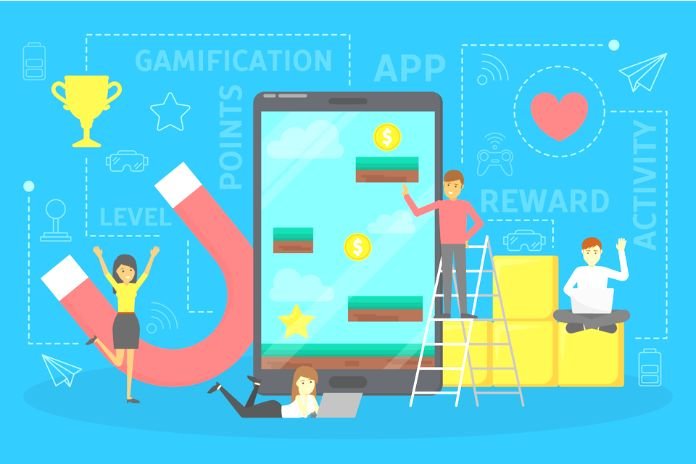Technology and gamification are integrated into several sectors of our modern life, from education to professional performance, which is faced with various processes immersed in technology.
After all, innovative methodologies and the development of new technologies focused on their professional qualifications have been part of their academic curriculum for decades.
On the other hand, many MBA and Graduate classes were recorded directly from the True Education Studio, which has the latest technology, with cameras at different angles, real-time transmission, virtual student participation, and interaction.
TCC Gamification
In this way, completing specific courses (TCC) has become strategic execution through gamification. In this sense, students run a virtual company that competes with virtual companies managed by other students. In other words, it is a work that starts from an authentic living experience and seeks to leave concrete marks of learning, connecting theory and practice.
Indeed, the education sector is still experimenting with many tools and possibilities to be inserted into the demands of modernity. Of course, we know that the classic and traditional teaching model no longer fits in our academic world.
Improves The Learning Experience
As you may know, dopamine, a neurotransmitter responsible for the feeling of pleasure, is released into our bloodstream whenever we have fun. Thus, a game aimed at learning releases dopamine in sufficient quantity to encourage the “player” to continue with their task, making the learning experience more fluid.
In addition, the tool improves information retention, as each piece of learned content needs to be repeated repeatedly. Gamification allows students to understand the consequences of their choices. You are rewarded for your actions when you do well and can progress to the next level.
The Technology Inserted In The Business And The Professional Performance
Applying data science, artificial Intelligence, and market intelligence to customer consumption behavior is a current strategy, and professionals working in the market need to be aware of this movement.
Retail has applied this concept as a strategy to attract and retain customers. Thus, more mature retailers have sought to format their systems regarding their business variables.
The so-called promotional intelligence system allows companies to define which variables and business rules must be applied to determine the promotional campaign. However, before that goes through having an updated CRM, intelligent recommendation algorithms linked to social media marketing actions.
Connected Retailer
It is essential to distribute your promotions through all channels, always focusing on your target audience, going through price, product, and loyalty rules that can enhance reach, as well as a result.
In this way, using data science and artificial Intelligence, it is possible to find combinations of promotions based on purchases more frequently.
Thus, product combinations generate a deep analysis of the relationship between prices, demand for products through their turnover, and behavior change associated with AI, Social Media, and other forms of consumer measurement.
Data Lake In Organizations
Still, in the scenario of using technology in data science and artificial intelligence strategies for Business, it is possible to include data lake in this data revolution package.
It works as a data warehouse and is considered to be more accessible, as well as allowing the sharing of information among many users without the need for IT staff intervention.
Organizations are learning to collect, organize, interpret and analyze them to create insights and inform decisions.
Your data can be grouped by themes, objectives, or functional criteria at that time. However, it is essential to note that the data lake is also criticized.
It is important to emphasize that it must be managed appropriately by professionals responsible for information management so that it does not become a vast trash bin full of content of dubious relevance.
Competitive Edge
In short, all data is actionable and, if handled well, can be a competitive differentiator for retailers to understand and make the best decisions, whether selling in or selling out.
As well as in campaigns, discounts and other policies allowing the Business flexibility and agility uncommon in organizations.
Therefore, these technological tools can contribute to retail innovation and should be part of intelligence and market strategies.
But are the professionals working in this area up to date and prepared to apply these innovations in their businesses?
The MBA Business Management: Market Intelligence offers professionals the possibility of, in the same course, improving their skills both in business management and in matters related to market intelligence.
Topics that cover the news about the market are put on the agenda in classes, such as:
- Technologic innovation
- International Business
- Introduction to Big Data Analytics and Artificial Intelligence
- branding
- Digital Marketing and Social Media
- Strategic Operations Management
- The role of Market Intelligence in organizations
- The future of this area
Among other matters of great importance for the knowledge of professionals who work in the market and wish to stand out in their activities.
Also Read: Technologies for Digital Transformation












